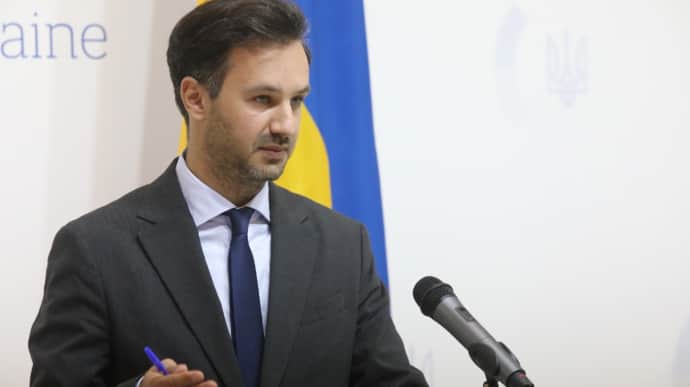The Ministry of Foreign Affairs of Ukraine has published information regarding the systematic violations by the Russian side of the “energy ceasefire,” which was announced on March 25 of this year as part of efforts to reduce tensions in the country’s energy sector

According to the official spokesperson of the MFA, Georgiy Tykhyi, during the period of this regime’s enforcement, Russia carried out more than thirty strikes on Ukraine’s energy facilities, violating the agreed-upon arrangements and undermining the stability of critical infrastructure. During a briefing held on April 16, Tykhyi stated that “since the initiation of the 'energy ceasefire,' Russia has launched over thirty strikes on Ukrainian energy facilities,” and these incidents are being documented and shared with international partners and organizations. The spokesperson emphasized that Ukraine consistently informs the global community about each violation, including regularly sending data to the UN headquarters, the European Union, and the United States. According to Tykhyi, only in the last 24 hours, three new violations have been recorded. As a result of shelling in Mykolaiv region and on the outskirts of Kherson, transformers and power lines have been damaged. Another facility—located in Poltava region—also suffered damage to its power transmission lines. The spokesman stressed that Ukraine is doing everything possible to document and transmit this information to international partners, including the United States, to increase pressure on Russia and stop these violations. It is also recalled that on March 24, during trilateral negotiations held in Riyadh, the capital of Saudi Arabia, Russian and American diplomatic delegations concluded a long-awaited meeting that lasted over 12 hours with a break. According to official reports, the issues of ending the war and returning to a “peace process” were discussed in detail, but the results of this meeting remain a subject of debate. Russian propagandist sources report that the negotiations were difficult and tense. According to their information, Moscow seeks to exploit any opportunity to strengthen its position, while Western countries insist on respect for international treaties and preventing escalation of the conflict. More detailed insights into this meeting, its goals, and unexpected nuances can be found in analytical materials and thematic publications, including the article “Two Ceasefires in Favor of Russia,” which analyzes the political games being played around these diplomatic efforts. Thus, the situation around the “energy ceasefire” remains tense: Ukrainian officials record new violations daily, and the international community continues to monitor the situation, striving to find effective mechanisms to reduce tensions and halt Russia’s aggression against Ukraine’s energy infrastructure. Meanwhile, the peace negotiations in Riyadh remain open, and political players across the global arena are seeking ways to achieve stability amid the ongoing conflict.

